Premium Only Content
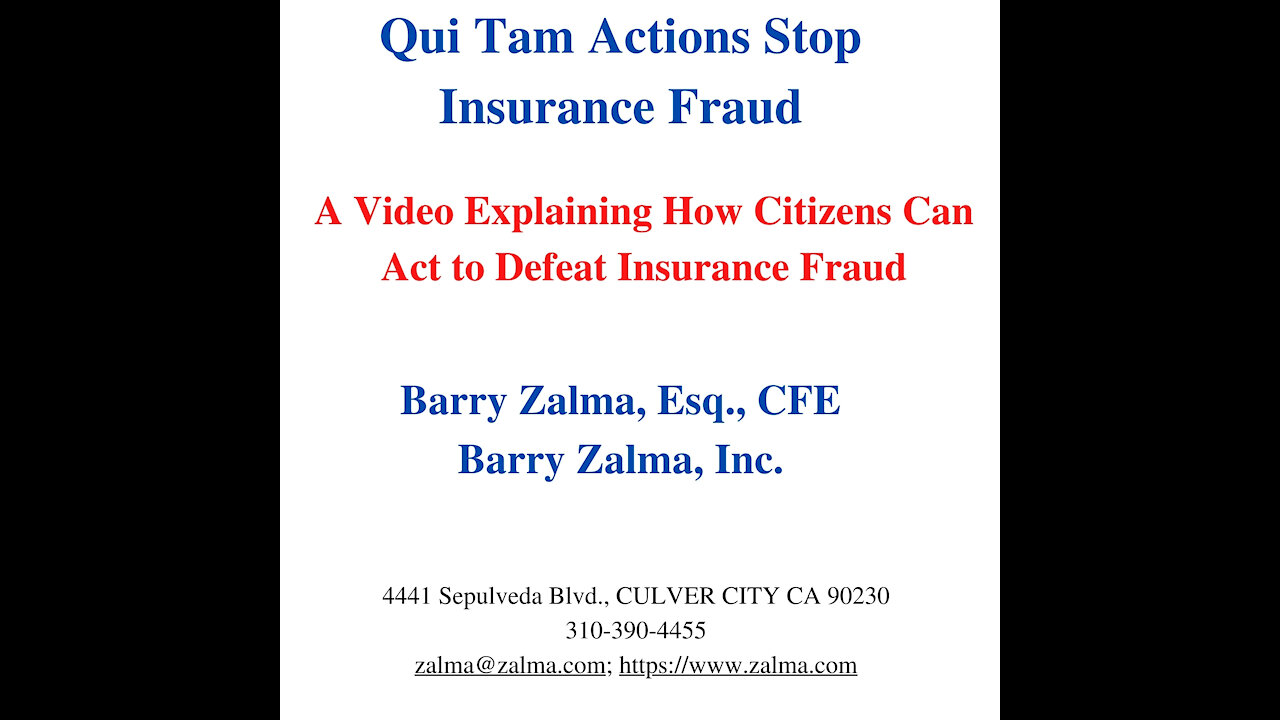
Qui Tam Actions Stop Insurance Fraud
A Video Explaining How Citizens Can Act to Defeat Insurance Fraud
The False Claims Act, also known as the “Lincoln Law,” dates back to the Civil War. President Lincoln signed the act into law in 1863 because war profiteers were selling the Union Army shoddy supplies at inflated prices. The original law included qui tam [ “Qui tam” is an abbreviation of the Latin phrase “qui tam pro domino rege quam pro si ipso in hac parte sequitur” meaning “Who sues on behalf of the King as well as for himself.” There are a number of pronunciations of the Latin abbreviation qui tam. The simplest is key tam (rhymes with “ham.”) Black’s Law Dictionary suggests kweye (rhymes with “eye”) tam.] provisions that allowed a private person (plaintiff) to sue those who defrauded the federal government. If the suit was successful the plaintiff would receive 50% of any recovery from the defendant.
The qui tam provisions were weakened greatly as a result of congressional amendments in 1943, and qui tam legislation became virtually nonexistent. However, in 1986, Sen. Charles Grassley, R–Iowa, and Rep. Howard Berman, D Calif., joined forces to amend the law and strengthen the incentives for citizens to uncover and fight fraud as qui tam relators. (Relators are the private plaintiffs under the False Claims Act).
The 1986 False Claims Act amendments received widespread bi-partisan support, and were signed into law by President Reagan. Since the revitalization, the qui tam provisions have increasingly been used.
The False Claims Act makes it unlawful to knowingly (1) present or cause to be presented to the United States a false or fraudulent claim for payment or approval, 31 U.S.C. § 3729(a)(1) (2006); (2) make or use a false record or statement material to a false or fraudulent claim, § 3729(a)(1)(B); or (3) use a false record or statement to conceal or decrease an obligation to pay money to the United States, § 3729(a)(7) (2006). Under the Act, private individuals ... , referred to as “relators,” may file civil actions known as qui tam actions on behalf of the United States to recover money that the government paid as a result of conduct forbidden under the Act.
© 2021 – Barry Zalma
Barry Zalma, Esq., CFE, now limits his practice to service as an insurance consultant specializing in insurance coverage, insurance claims handling, insurance bad faith and insurance fraud almost equally for insurers and policyholders. He also serves as an arbitrator or mediator for insurance related disputes. He practiced law in California for more than 44 years as an insurance coverage and claims handling lawyer and more than 52 years in the insurance business. He is available at http://www.zalma.com and zalma@zalma.com.
Mr. Zalma is the first recipient of the first annual Claims Magazine/ACE Legend Award.
Over the last 53 years Barry Zalma has dedicated his life to insurance, insurance claims and the need to defeat insurance fraud. He has created the following library of books and other materials to make it possible for insurers and their claims staff to become insurance claims professionals.
Go to the podcast Zalma On Insurance at https://anchor.fm/barry-zalma; Follow Mr. Zalma on Twitter at https://twitter.com/bzalma; Go to Barry Zalma videos at Rumble.com at https://rumble.com/c/c-262921; Go to Barry Zalma on YouTube- https://www.youtube.com/channel/UCysiZklEtxZsSF9DfC0Expg; Go to the Insurance Claims Library – https://zalma.com/blog/insurance-claims-library/ Read posts from Barry Zalma at https://parler.com/profile/Zalma/posts; and the last two issues of ZIFL at https://zalma.com/zalmas-insurance-fraud-letter-2/ podcast now available at https://podcasts.apple.com/us/podcast/zalma-on-insurance/id1509583809?uo=4
-
 7:40
7:40
Barry Zalma, Inc. on Insurance Law
1 year agoLoss of Inventory by Bankruptcy
184 -
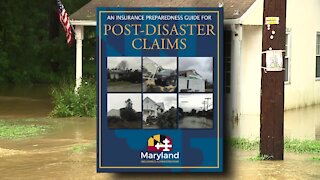 3:05
3:05
WMAR
4 years agoProperty insurance fraud increased during pandemic
299 -
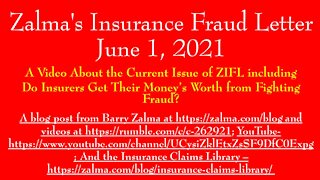 17:07
17:07
Barry Zalma, Inc. on Insurance Law
4 years agoZalma's Insurance Fraud Letter - June 1, 2021
182 -
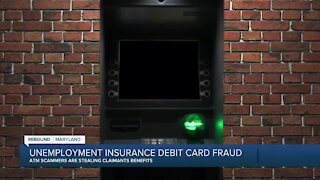 4:37
4:37
WMAR
4 years agoMFM: Unemployment insurance debit card fraud
39 -
 17:25
17:25
Barry Zalma, Inc. on Insurance Law
4 years agoZalma's Insurance Fraud Letter - June 15, 2021
216 -
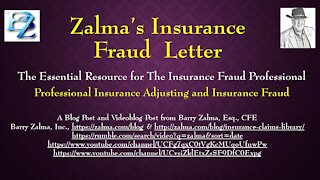 16:36
16:36
Barry Zalma, Inc. on Insurance Law
4 years agoZALMA’S INSURANCE FRAUD LETTER
155 -
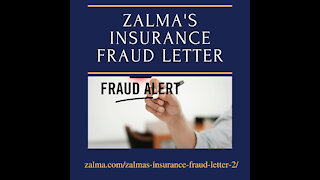 15:35
15:35
Barry Zalma, Inc. on Insurance Law
4 years agoZalma's Insurance Fraud Letter - April 1, 2021
109 -
 20:18
20:18
Barry Zalma, Inc. on Insurance Law
4 years agoGuilty of Insurance Fraud
128 -
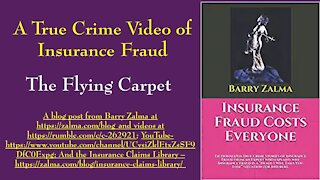 10:50
10:50
Barry Zalma, Inc. on Insurance Law
4 years agoA True Crime Video of Insurance Fraud
128 -
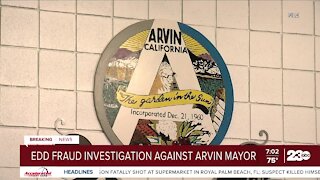 3:18
3:18
KERO
4 years agoMayor of Arvin being investigated for alleged unemployment insurance fraud
30